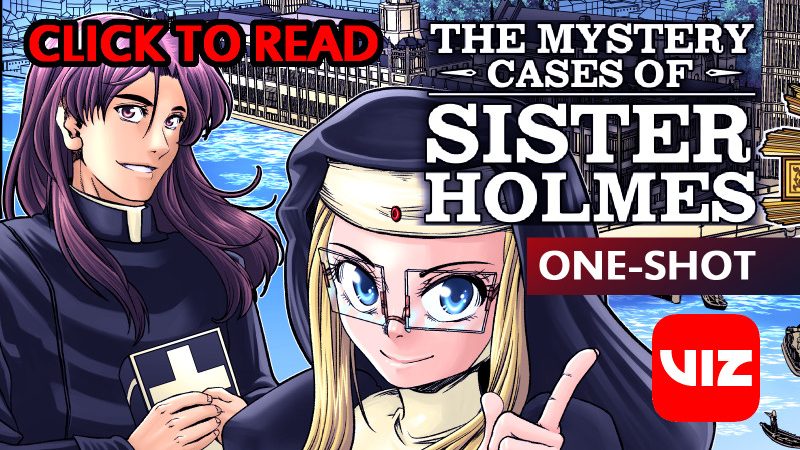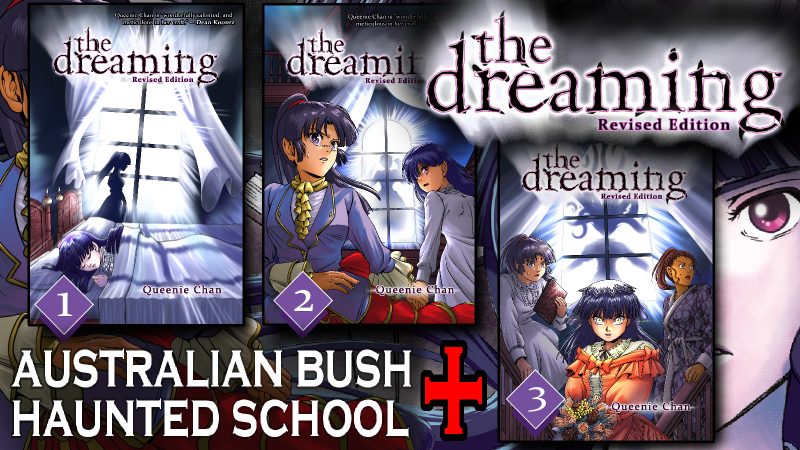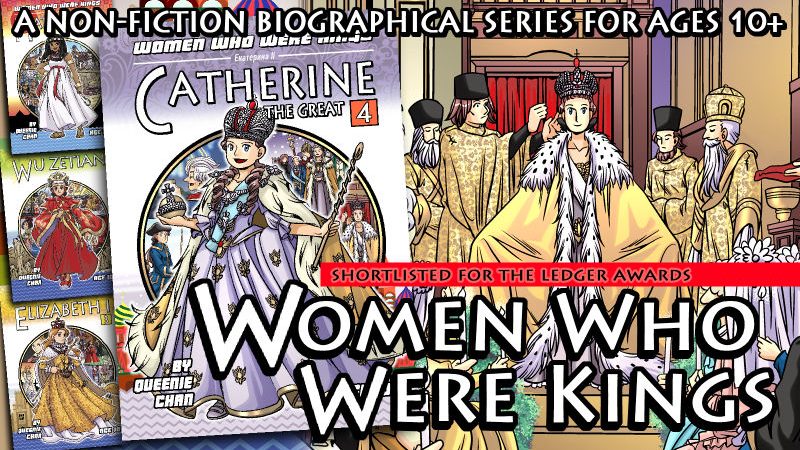Hi all! Having spent the last few months just racing to the finishing line for “Fabled Kingdom“, I haven’t had much time to blog or do anything else. So here is so updates and new doodles professing my love for the anime “Mob Psycho 100″.
Fabled Kingdom News: I just got the edits for the last chapter of “Fabled Kingdom” v3 back today, and there’s no major changes. There’s about 2 more pages I feel I need to add to bring some closure for 2 characters that will make the 3 books feel more self-contained, so I’ll look into doing that. Hopefully I’ll get those copy-edits sorted, and then the book test-printed in the next few weeks. I’ve also started to write book 4, but I’ve decided to take a year off to produce a “World Bible” for “Fabled Kingdom,” so I can properly flesh out the religion, politics, clothing/building designs, map and history of the continent before I continue, since book 4-6 happens partly in the Kingdom of Westerwick.
Art Evolution: After I’ve finished “Fabled Kingdom,” I started drawing with biros for no apparent reason. I was stunned by the freedom I have with the linework – here’s some Mob Psycho 100 fanart that I did just to test out different biros. I’m liking it so far!

I randomly found some highlighters, and decided to draw this picture of Mob.

Ritsu was just stretching when his brother approached from behind. Mutual observation?

Lord Reigen gives Mob his “Sorcery Crush” massage, but hits a bit too hard. Reigen, Mob’s a teen, you don’t need to give such a strong massage.

Fight for the last takoyaki. Who will win? (ANSWER: Dimple licks it, and no one wanted it after that)
What I’ll be doing for 2017: Experimenting with more biros. I’ve got 2 other shorter projects in the works, one of which the script is already complete. That one is the second half of “Short Ghost Stories“, which has been nagging me at the back of my mind since 2013. I’ll get these other stories done, so I can get this out of the way permanently. The other is an experimental graphic novel, which is the first of the kind I’ve done, though I’ve got to iron out the script first. Lastly, the “World Bible” for “Fabled Kingdom” will be the background project.












